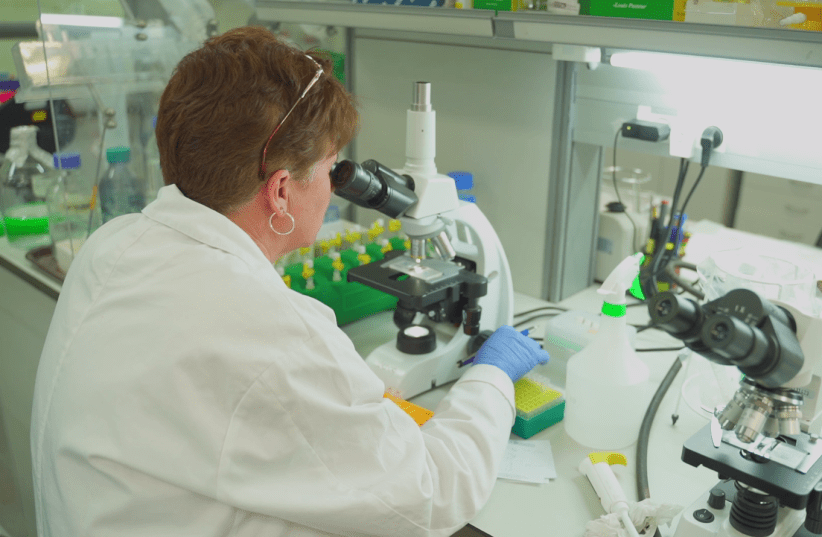University of Virginia School of Medicine researchers used high-powered imaging to see immune cells called microglia healing damaged neurons after seizures.
Their findings have been published in the journal Cell Reports, a press release from the university announced on Thursday.
“There has been mounting generic support for the idea that microglia could be used to ameliorate seizures, but direct, visualized evidence for how they could do this has been lacking,” said researcher Ukpong B. Eyo, PhD, of UVA’s Department of Neuroscience, the UVA Brain Institute and UVA’s Center for Brain Immunology and Glia (BIG).
“Our results indicate that microglia may not be simply clearing debris but providing structural support for neuronal integrity that may have implications even beyond the scope of seizures and epilepsy.”
Seizure-preventing drugs don't work for approximately a third of epilepsy patients, so this discovery could lead to new and better treatments for such brain injuries. However, according to the researchers, there's still more to go.
“Although these findings are exciting, there is yet a lot to follow up on them. For example, the precise mechanisms that regulate the interactions remain to be identified. Moreover, at present, the ‘healing’ feature is suggested from correlational results, and more definitive studies are required to certify the nature of the ‘healing,’” Eyo said.
“If these questions can be answered, they will provide a rationale for developing approaches to enhance this process … in seizure contexts.”
More than 50 million people worldwide have epilepsy, according to the WHO. It is the most common chronic brain disease and can affect any person of any age.
Eyo has received two grants from the National Institutes of Health to continue his study. This will enable him to study how the immune cells help regulate vascular function, which could be important in studying diseases such as Alzheimer's.
“With this new funding, we are eager to clarify roles for microglia in seizure disorders and vascular function,” he said. “UVA’s continued investment in neuroscience research provides a suitable home for our lab’s research.”
